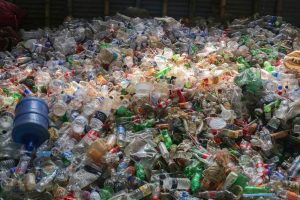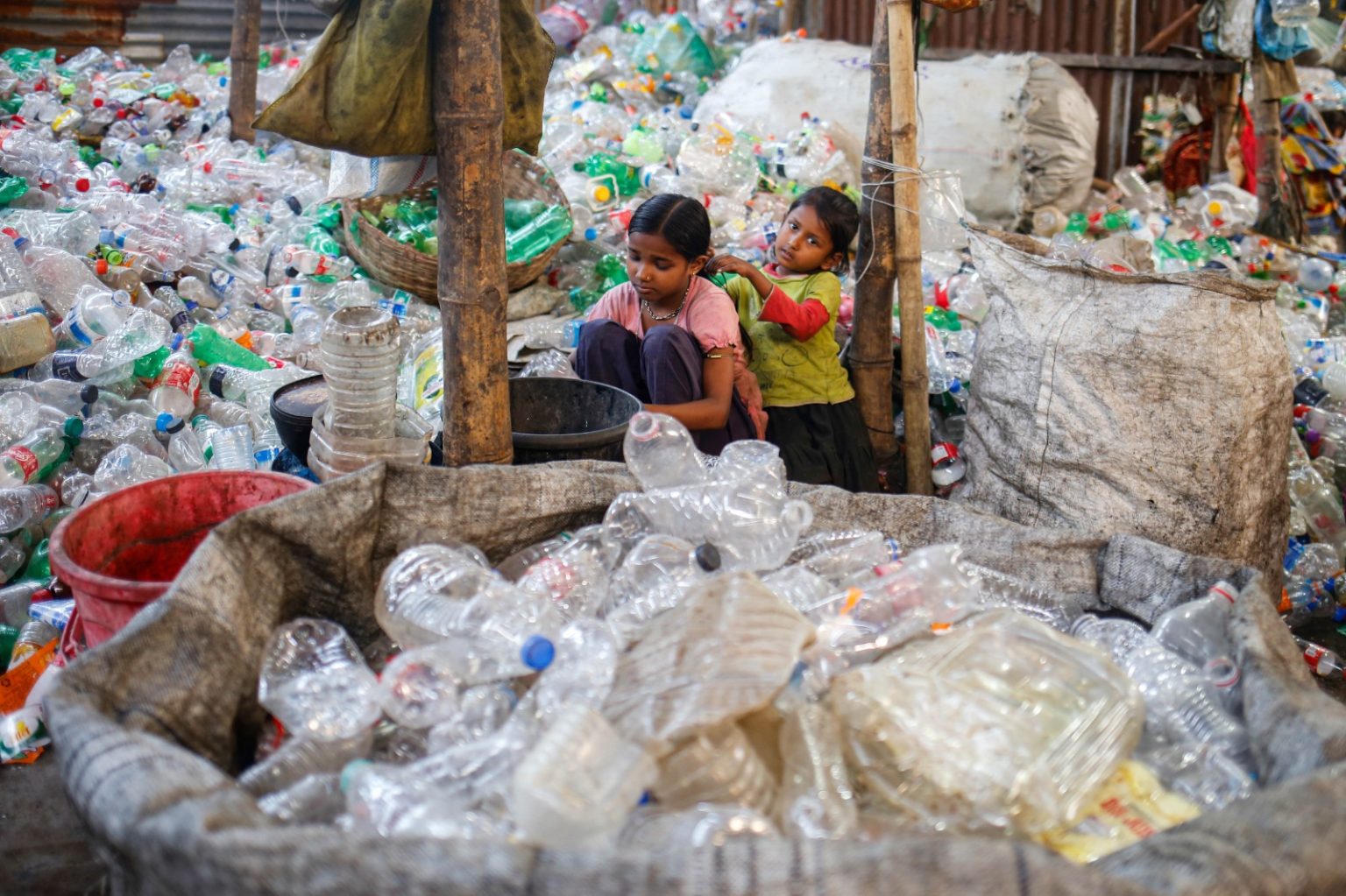Experts have urged people to avoid single-use plastics to reduce environmental harm. Providing guidelines on plastic recycling, they stated, “Conventional recycling processes degrade plastic quality, which can be harmful. Therefore, plastics should be recycled by converting them back into petroleum.”
These remarks were made at a seminar titled “Preventing Plastic and Polythene Pollution, Waste Management, and Earthquake Preparedness,” organised on the occasion of World Environment Day. The seminar was held at the Dhaka Reporters’ Unity on Saturday, arranged by the Bangladesh Poribesh Andolon (BAPA).
Former vice-chancellor of Stamford University, Professor Dr M Firoz Ahmed, presented a paper on “Measures to Prevent Plastic and Polythene Pollution.” He said, “Every year, 3,000 to 4,000 microplastics enter the human body, of which 130,000 come from bottles and water. We must be cautious in the production process of all plastic products, including bottles. For proper recycling, plastics must be converted back into their base material—petroleum—so that the quality of newly produced plastic items remains intact.”

Dr Ijaz Hossain, former professor at Bangladesh University of Engineering and Technology (BUET), recommended stricter controls on thin plastic packaging. He said, “Plastic bags below 20 microns should not be produced or used. Multilayer product packaging must be banned, and laws on Extended Producer Responsibility (EPR) should be enforced.” He also suggested that modernising plastic waste management could solve the problem in a short time.
Speaking on “Industrial and Medical Waste Management,” Professor Dr Ahmed Kamruzzaman Majumdar emphasised that the government must enforce strict regulations to ensure industrial liquid waste treatment. He noted that mandatory installation and effective operation of Effluent Treatment Plants (ETPs) would significantly reduce river pollution.
On the topic of earthquakes, urban planner Tawfiq-e-Elahi Chowdhury warned that 50% of buildings in Dhaka are at risk. He stated, “If a 7.9-magnitude earthquake occurs along the Madhupur fault, over 865,000 buildings in Dhaka could collapse, killing more than 200,000 people.” He stressed the need for establishing a Building Regulatory Authority to enforce building codes and ensure structural safety nationwide.
Other speakers included Professor Dr M Shahidul Islam, co-president of BAPA and chairman of the Department of Geography and Environment at Dhaka University; Alamgir Kabir, general secretary of BAPA; Advocate Hasanul Banna, legal coordinator of the Bangladesh Environmental Lawyers Association (BELA); and Gaus Pearee, director of Work for a Better Bangladesh (WBB).
The seminar was chaired by President of BAPA Professor Nur Mohammad Talukdar and moderated by Zakir Hossain, BAPA’s executive member and treasurer.


